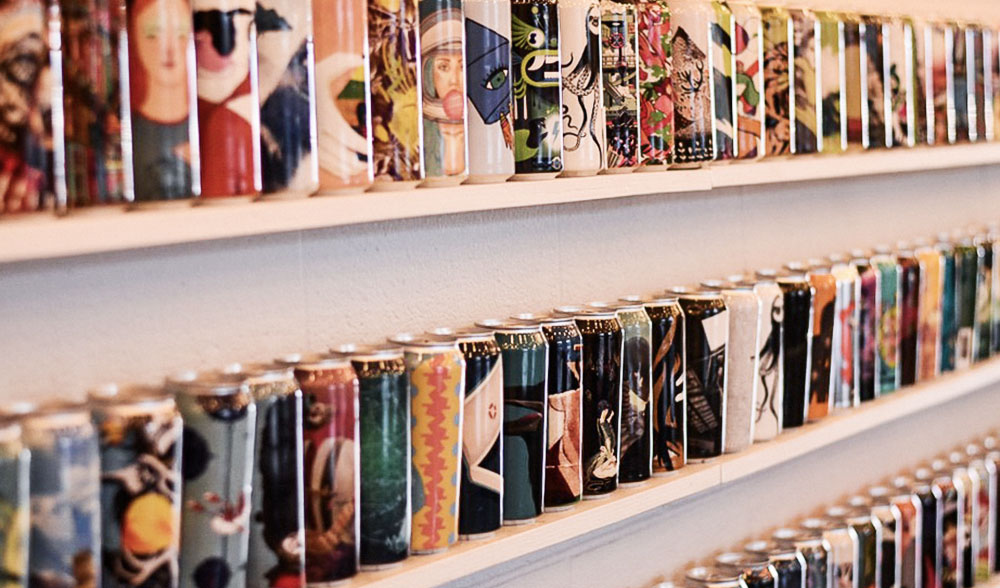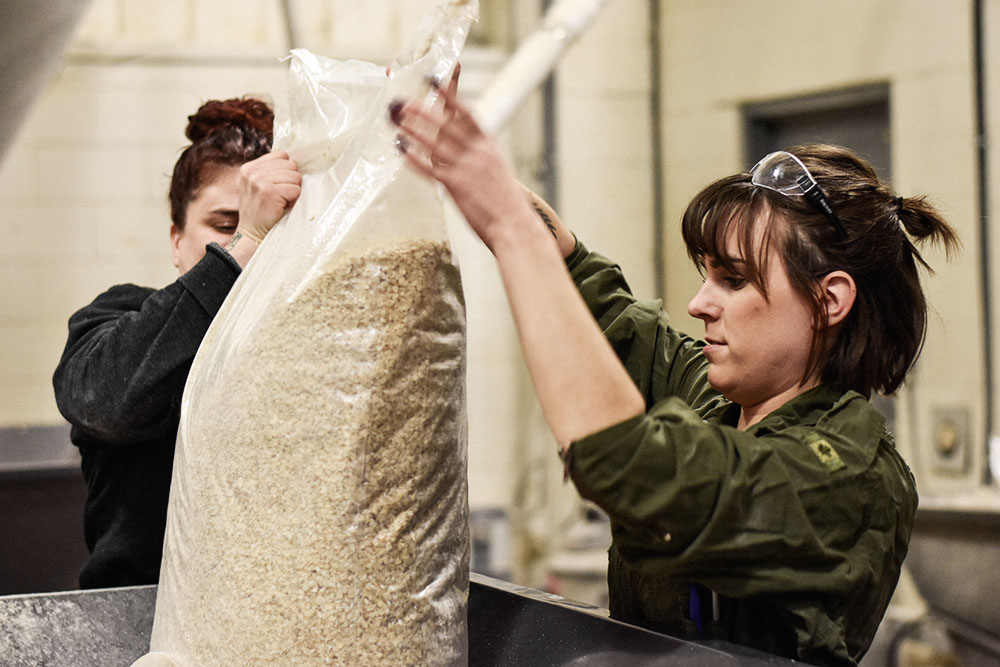
The hard truth about hard seltzers
By Robin LeBlanc
It was difficult not to notice. As we got further into 2020, a particular trend started up. Although this is not a new trend by any stretch, it got the beer industry feeling defensive and ready for a dynamic shift. It is a drink category that, unlike cannabis- or CBD-infused beer, boasts serious numbers and a cult following. I am talking about hard seltzers.
You cannot avoid the facts: alcoholic sparkling water is popular. The category now holds around 2.5 percent of the alcohol market, and hard seltzer sales in America are predicted to reach USD$2.5 billion by 2021.
Simultaneously, according to recent surveys, millennials and Gen Z are drinking less beer. It is no wonder, then, that breweries both big and small now make their own hard seltzer. This allows them to stay relevant and make seemingly easy cash in a growing market. Budweiser, for instance, announced its new line of hard seltzers during the Super Bowl with an ad featuring famed musician Post Malone. Boston Beer Company, who makes Samuel Adams Beer, is number two in the US market with Truly Hard Seltzer. Meanwhile in Canada, Waterloo Brewing, Muskoka Brewery and Collective Arts all produce spirited water beverages in a variety of fruity flavours.
Launched in 2016, White Claw is a hard seltzer put out by Mark Anthony Brands, a parent company of Mike’s Hard Lemonade. With a staggering 275 per cent growth in volume sales in just a year, White Claw quickly became the industry leader and now accounts for more than half of the US hard seltzer market. And White Claw has now launched in Canada, completing the brand’s North American takeover.
The hype around White Claw is what differentiates the drink from its competitors. White Claw is particularly popular with the young hipster crowd and has achieved a cult-like status similar to its non-alcoholic counterpart LaCroix. Millennials have marched under the banner of “Ain’t no laws when you’re drinking Claws.”
I have tasted a number of hard seltzers including White Claw. They are enjoyable and the knowledge entry point is lower than that of beer, so you will not hear anything like: “This is brewed with crystal malt, Belgian yeast and four different kinds of hops.” “This tastes like [insert fruit flavour here]” sums up all you need to know about hard seltzer. But will it replace beer? I do not think so. But it is another dry fizzy option to keep in mind.

